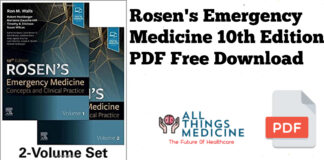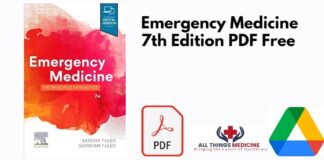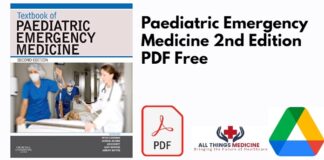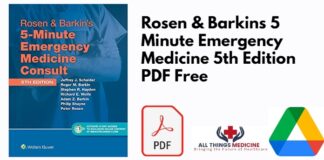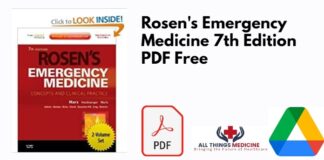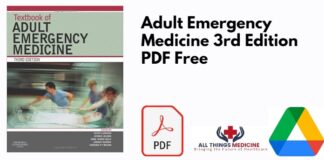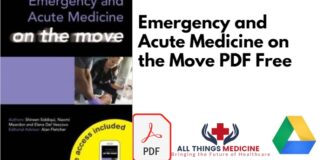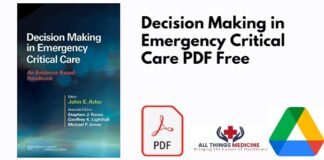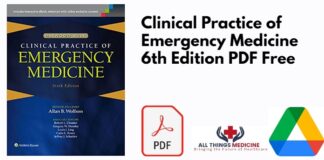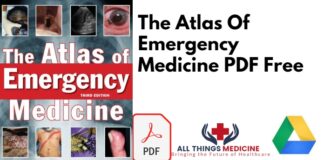Emergency medicine
Emergency medicine is the medical speciality concerned with the care of illnesses or injuries requiring immediate medical attention. Emergency physicians (often called “ER doctors” in the United States) continuously learn to care for unscheduled and undifferentiated patients of all ages. As first-line providers, in coordination with Emergency Medical Services, they are primarily responsible for initiating resuscitation and stabilization and performing the initial investigations and interventions necessary to diagnose and treat illnesses or injuries in the acute phase. Emergency physicians generally practise in hospital emergency departments, pre-hospital settings via emergency medical services, and intensive care units. Still, they may also work in primary care settings such as urgent care clinics. Sub-specializations of emergency medicine include; disaster medicine, medical toxicology, point-of-care ultrasonography, critical care medicine, emergency medical services, hyperbaric medicine, sports medicine, palliative care, or aerospace medicine. Various models for emergency medicine exist internationally. In countries following the Anglo-American model, emergency medicine initially consisted of surgeons, general practitioners, and other generalist physicians. However, in recent decades it has become recognised as a speciality in its own right with its training programmes and academic posts, and the speciality is now a popular choice among medical students and newly qualified medical practitioners. By contrast, in countries following the Franco-German model, the speciality does not exist, and emergency medical care is instead provided directly by anesthesiologists (for critical resuscitation), surgeons, specialists in internal medicine, paediatricians, cardiologists or neurologists as appropriate.[1] Emergency medicine is still evolving in developing countries, and international emergency medicine programs offer hope of improving primary emergency care where resources are limited..


